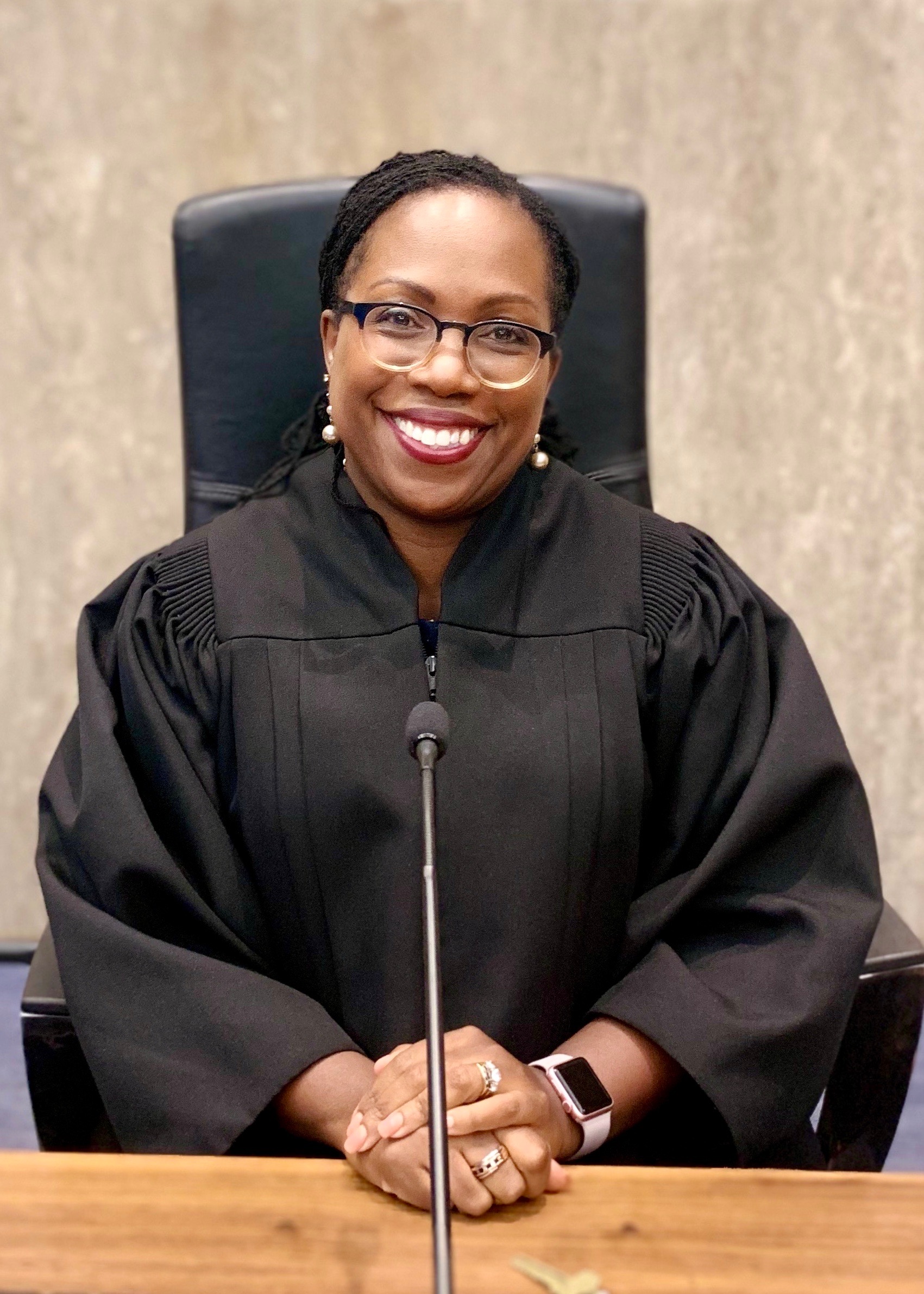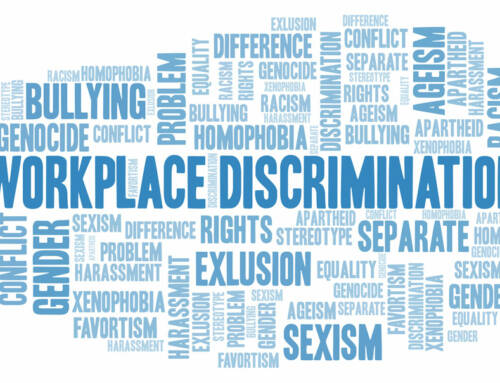On April 7, Ketanji Brown Jackson became the first black woman confirmed to the US Supreme Court. Throughout the highly political process of her nomination and confirmation hearings, both Republicans and Democrats referred to her nomination as historic because of her race and gender. Although that’s true, her confirmation will have far-reaching impacts, not just because she’s the first, but because the perspective she brings to the nation’s highest court has been missing for far too long.
In the United States, the purpose of the legal system is to produce justice, not just in each case that comes before a court, but in a larger sense, through the gradual evolution of legal thinking toward a fairer system, which is more protective of the rights, liberties, and opportunities of the disadvantaged. Although all Supreme Court Justices are expected to hold themselves to a high standard of fairness, the unique experiences and perspectives of a Black woman can’t help but enrich the Court’s understanding—especially one with Brown Jackson’s impeccable credentials.
When we think about the impact of Brown Jackson in the near term, we tend to think of her perspective on cases the Court is likely to hear soon, such as reviews of the new abortion laws states have passed recently and cases related to racial justice. But in the long term, her far greater impact will come in the form of opinions, both for the majority and in dissent, that will infuse her historically unique point of view into American legal theory.
At Napoli Shkolnik, we often fight for groups who have been victimized on a large scale—the first responders on 911 who needed help to deal with the long-term health impacts of working at Ground Zero, local governments struggling to deal with the opioid crisis and deliver life-saving services, victims of product failures, malicious marketing, and medical and pharmaceutical malpractice. For all of those people, a more compassionate, conscientious Supreme Court points to better justice in the future.
Photo courtesy of Wikimedia Commons.






